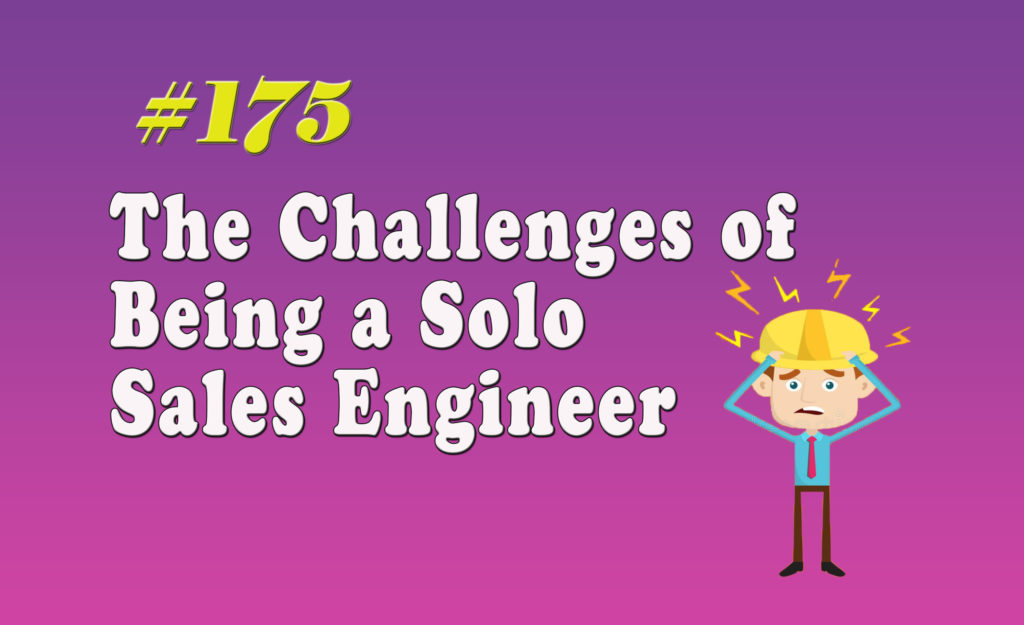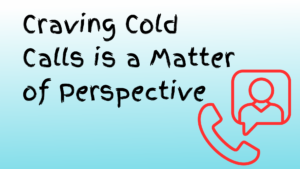
Notes:
As a beginner SE, it can be quite difficult and overwhelming not knowing where to start. Do I study technical first, or do I train in sales and speaking with customers? In this podcast, my guest and I discuss the five different phases of sales engineering, how my guest, Samuel West got started as an SE and what he’s learned being a solo sales engineer at the company he works with. We also go into how to scale as a solo SE and how we can help close more deals at the end of a quarter.
Samuel Joseph West has been a technical sales engineer for the past five years specializing in cybersecurity software. He also works with the SE community to try and help bring more people into the role of SE and try to keep developing that role.
Key Takeaways:
- Samuel’s entry into the sales engineering community and his volunteering to run Clubhouse conversations about presales with Greg Holmes
- How to explain what a sales engineer is to someone who hears it for the first time
- What Samuel was doing five years before he discovered the sales engineering community
- The five different phases to sales engineering
- Samuel’s ‘AHA’ moments that made him switch from one phase to the next
- Who told him he was perfect for the sales engineer role and why
- The mistakes most beginner SE’s do when interacting with the customer
- How Samuel gained confidence in communicating with customers
- The importance of being able to test against ourselves
- The biggest thing Samuel learned from being a solo sales engineer that made him a better SE
- Pros and cons of learning with books
- Challenges of being a solo sales engineer at an organization
- The best advice Samuel can give to both lone SEs and SEs in a group
- Why having foundations and processes are so important if you want to scale as a lone sales engineer
- What Samuel does at the end of the quarter to help his AE or team close deals
Quotes:
“Up until I joined the Presales Collective earlier this year and really started talking to other SES, I sort of realized, Oh, that’s what we do – technical win! Okay, that’s what we do. Whereas before very much I was just solving all the problems I could and trying to get people to buy something.” – Samuel West
“If you’re speaking from a place of passion, speaking from a place of care, I think that helps. And so that I think there was a little spark there that someone saw and helped me through that.” – Samuel West
“If you end up with the wrong mentor, you just, you end up going down the wrong rabbit hole very, very quickly.” – Ramzi Marjaba
“Slow it down, change the pace. People will listen and engage more. I think that was the biggest thing for me slow it down.” – Samuel West
“There’s pros and cons with having guidance and not having it. The pro is that people have made mistakes before and you can learn from them. But then the con is that they might not be the best guidance for you. And I’m the type of person that’s better at figuring things out on my own.” – Samuel West
“We all learn from our mistakes better than we learn from books. We all learn from our experience.” – Ramzi Marjaba
“If you want to be a decent SE, learn from other people or at least try your best. Not everyone gets that opportunity. And, and I didn’t. But I think it’s never too late to start.” – Samuel West
“My advice to people if whether they’re lone SEs or in a group, have mentors outside your company, as well, or coaches or whatever it is.” – Ramzi Marjaba



